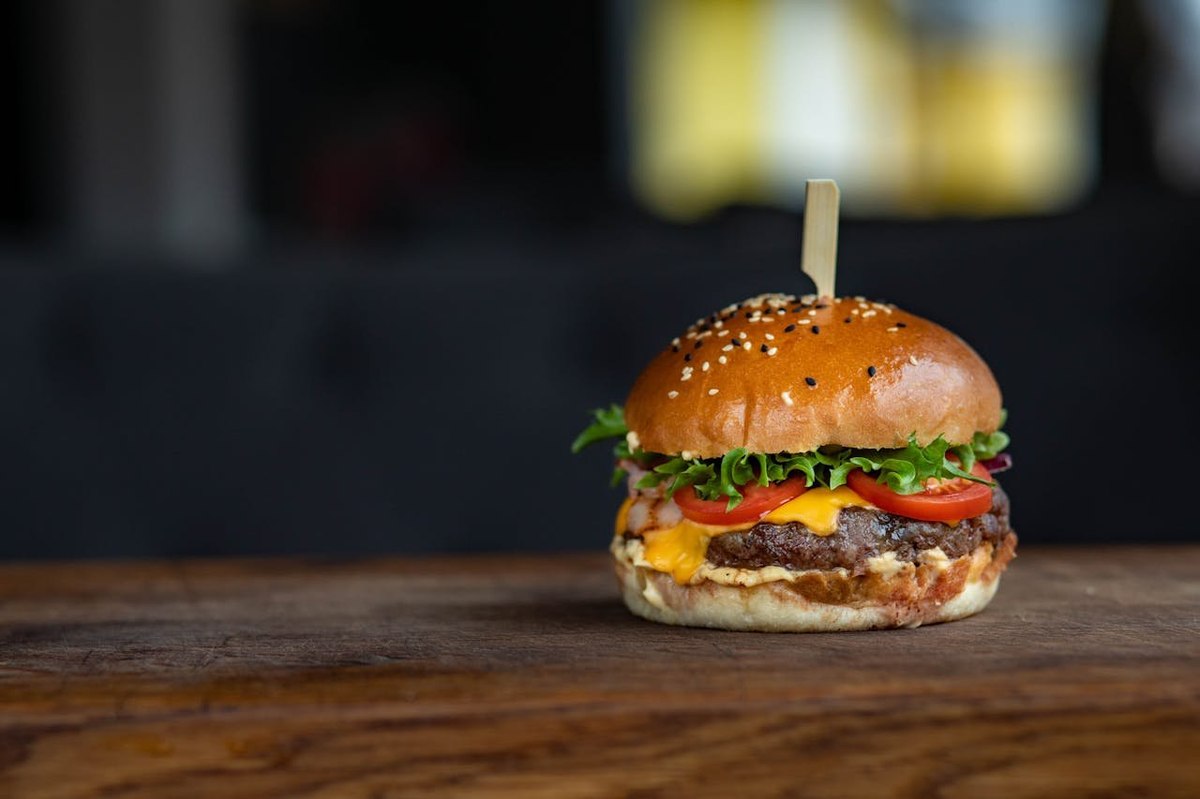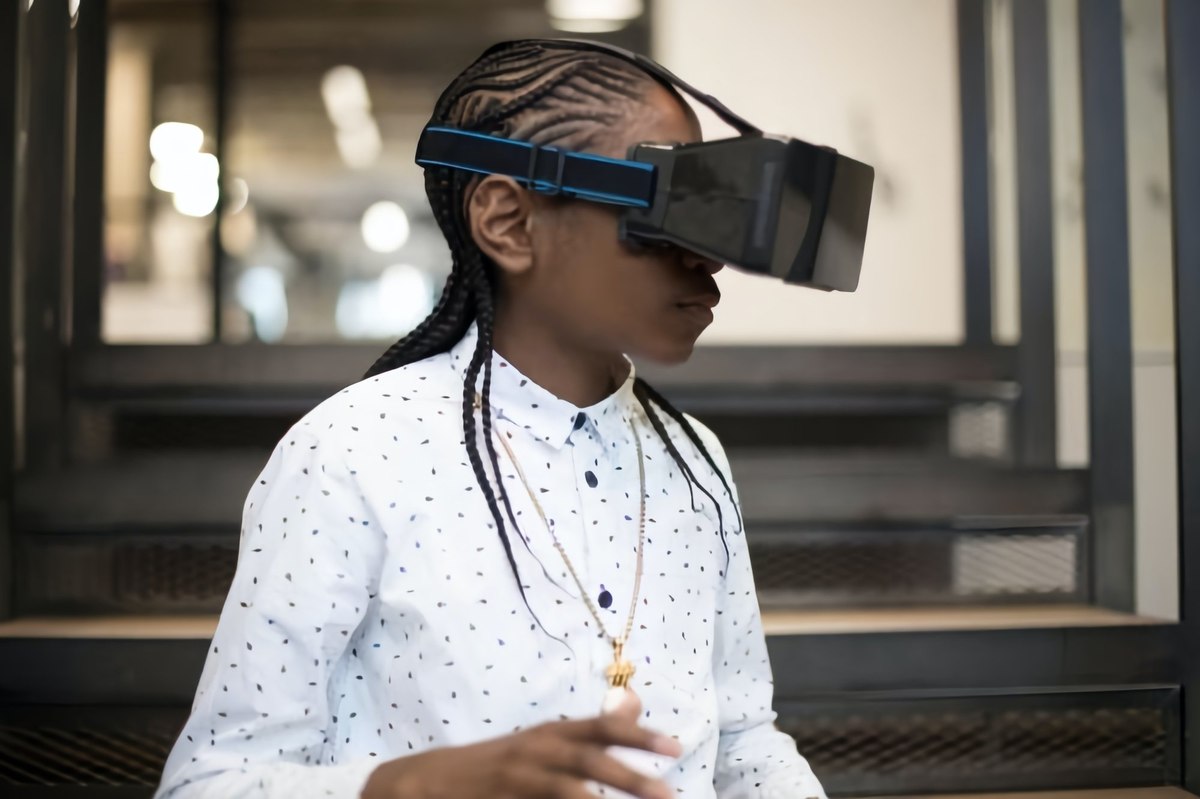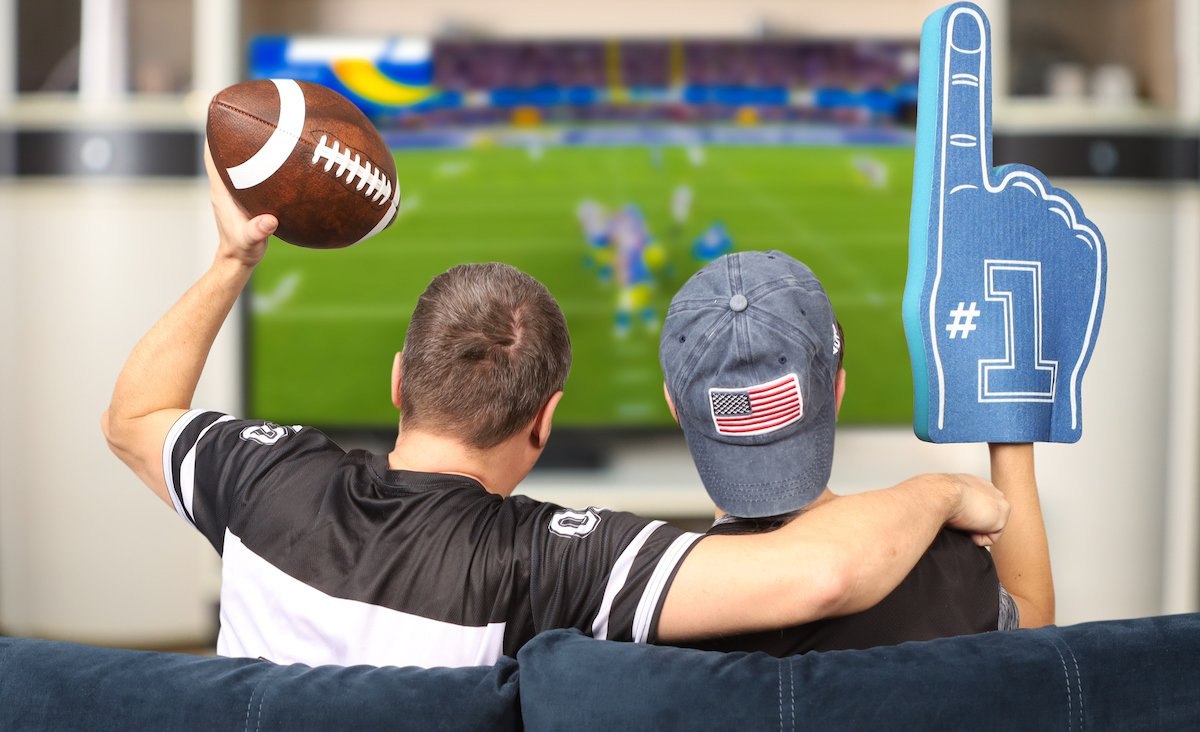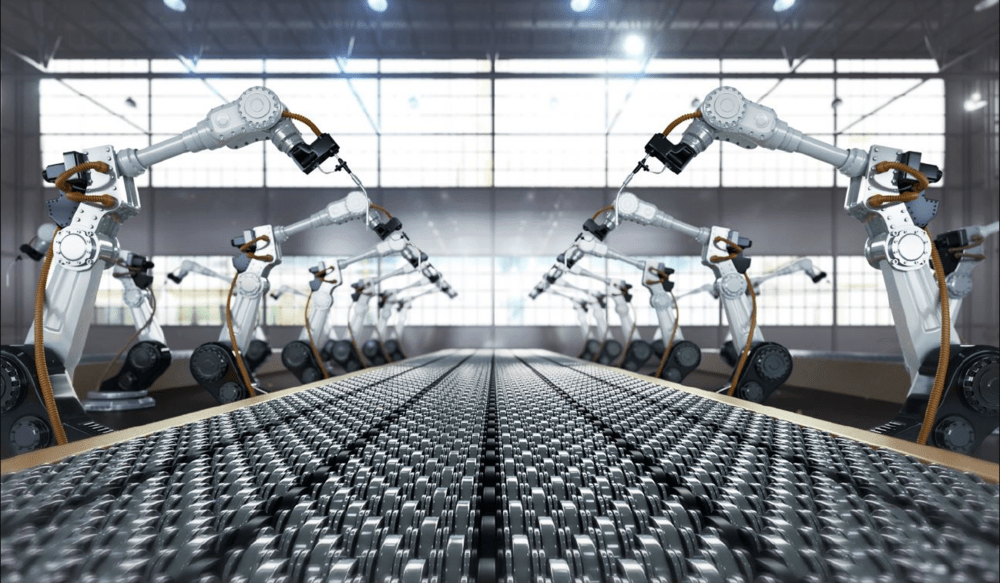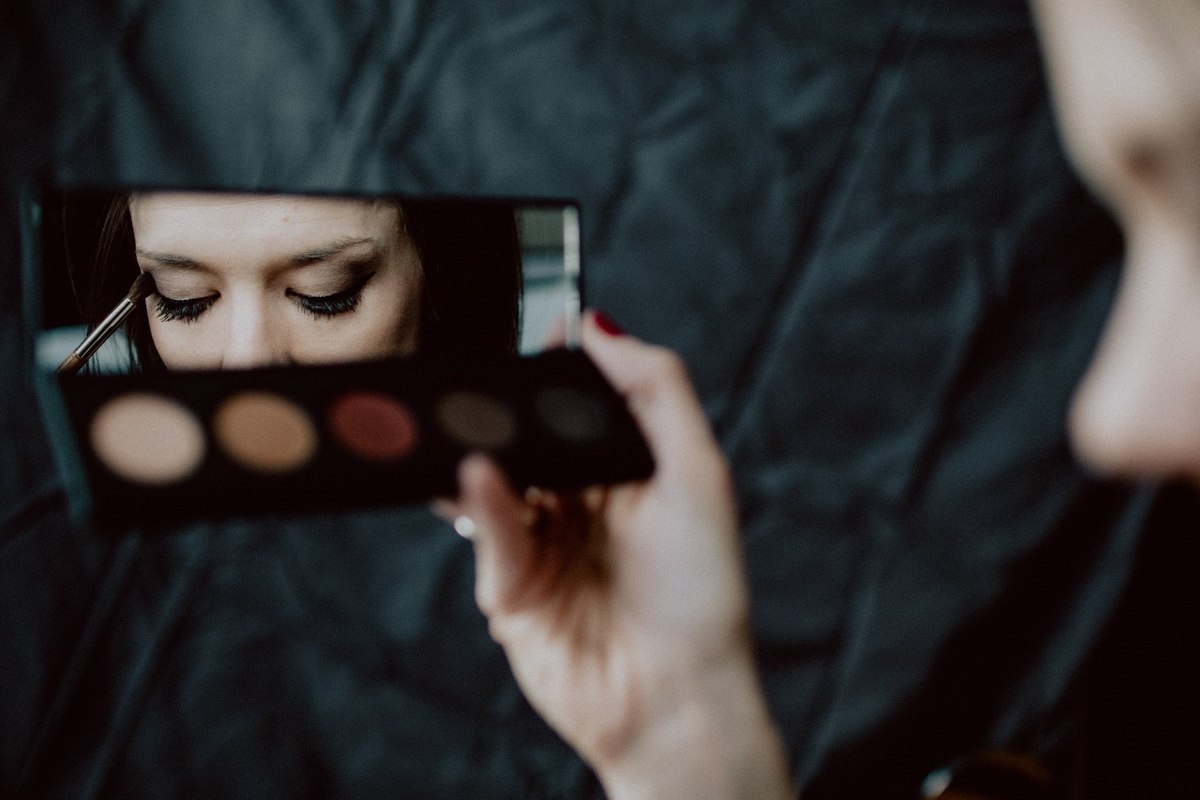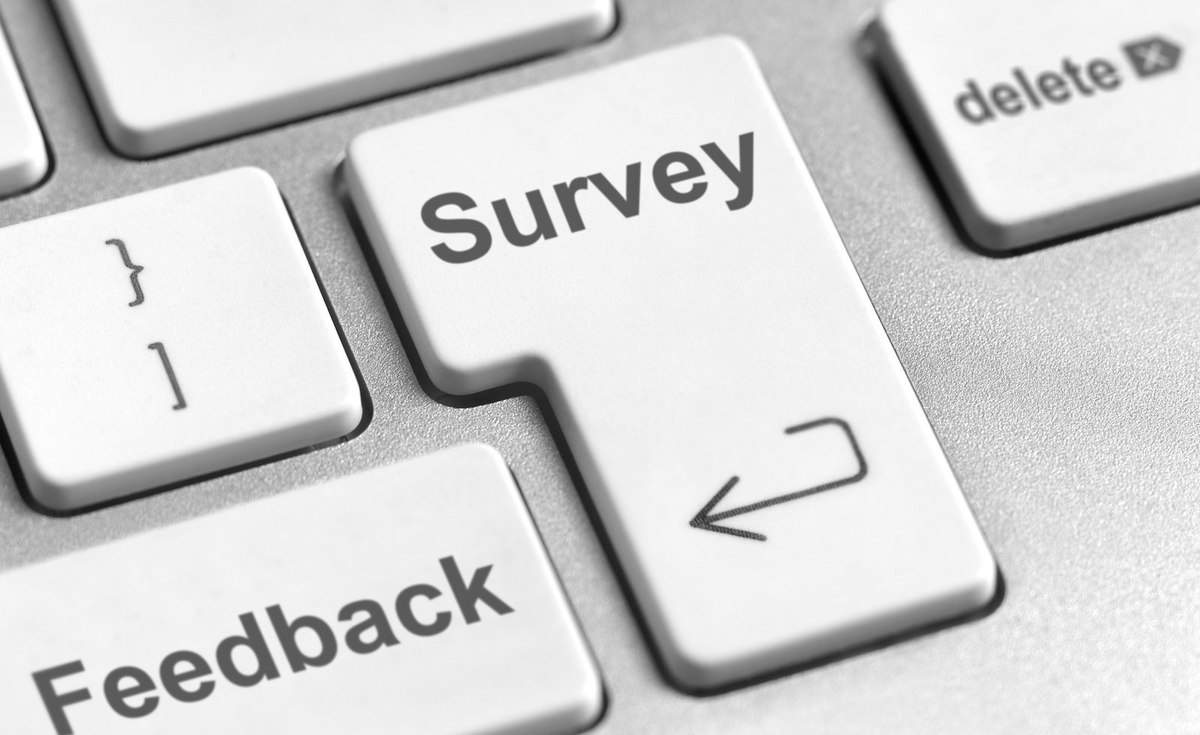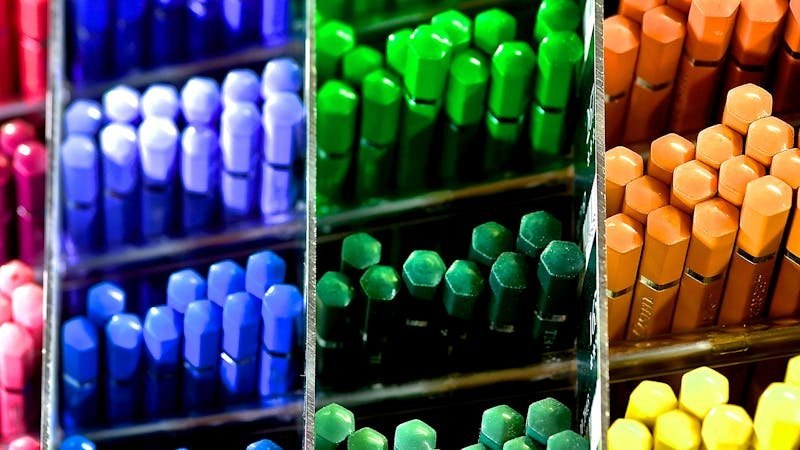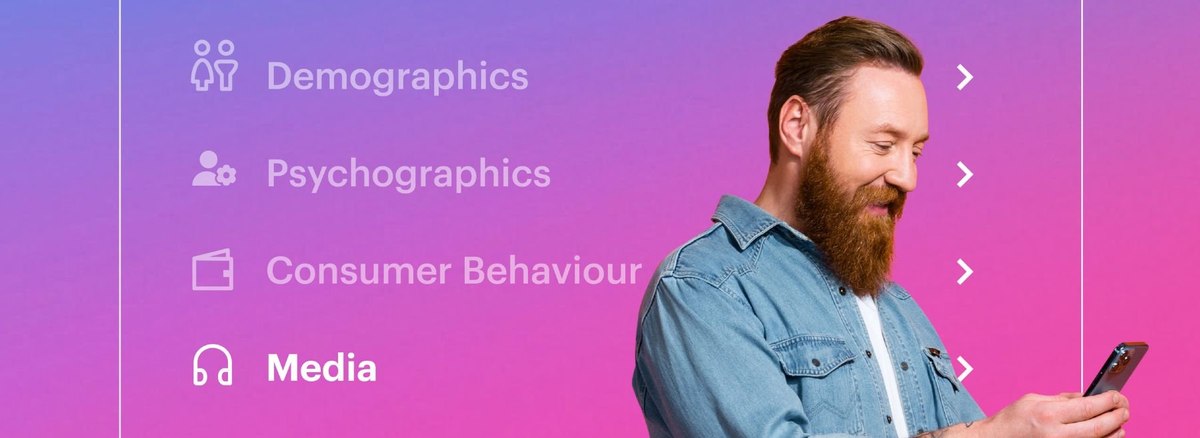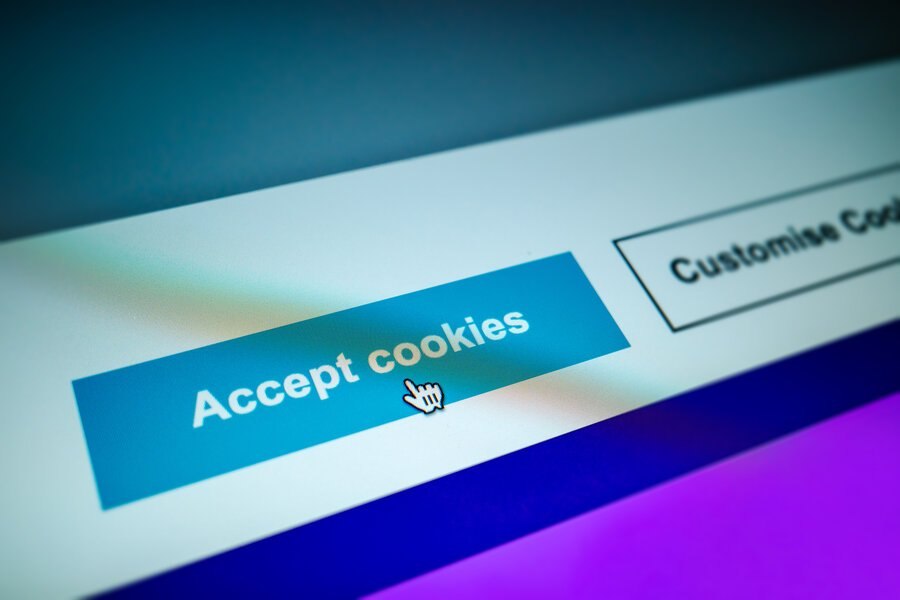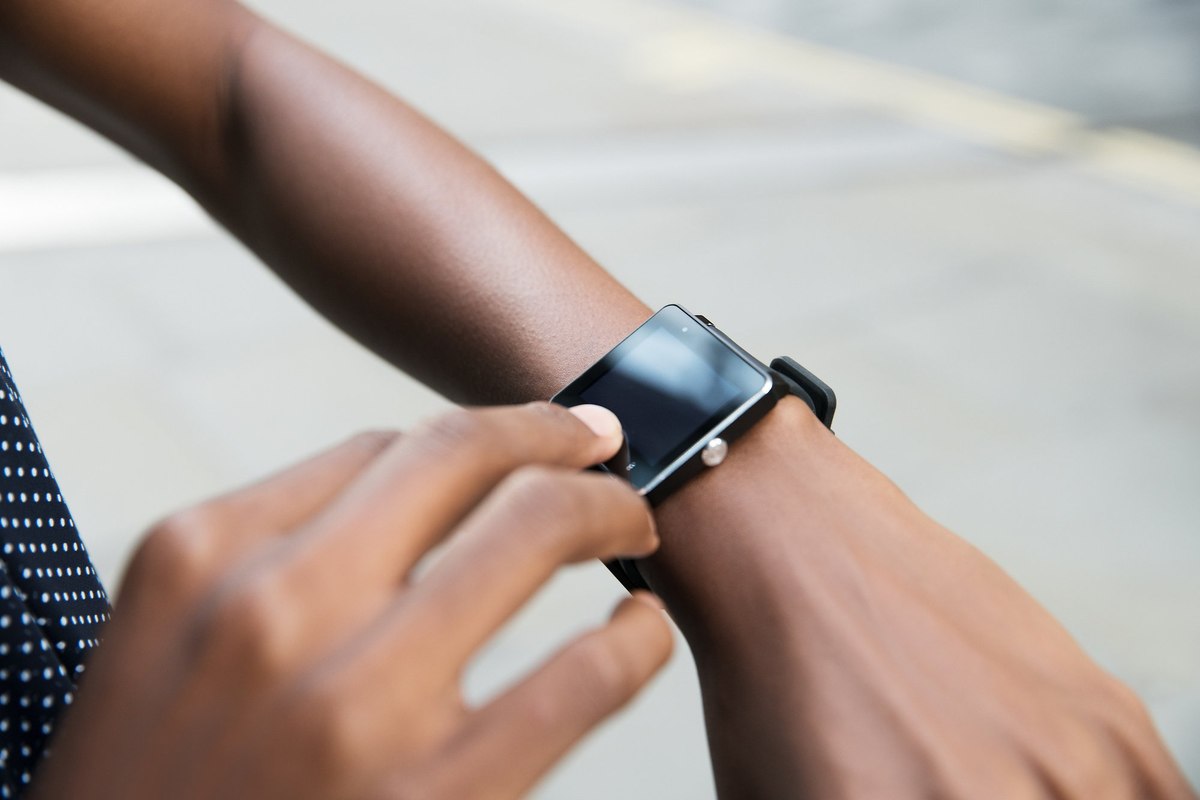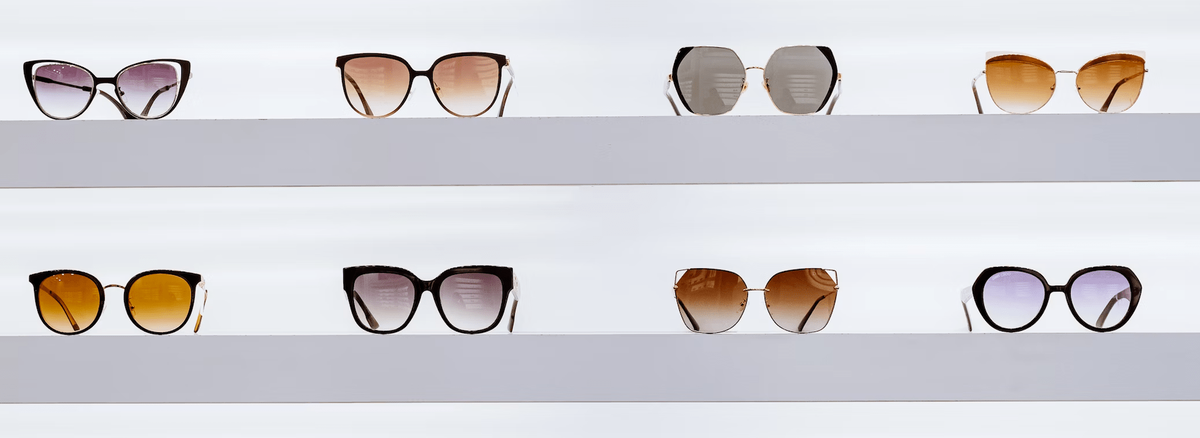
What’s cool in 2025? Depends on who you ask
After 5 years and almost 200 episodes, the 5-minute podcast How Cool Is This? decided to finally return to their original question.
It’s a question that almost certainly can’t be answered. Trends come and go. Preferences change. Asking it might preclude one from coming close to the answer.
But How Cool Is This? hasn’t stopped trying to understand: what really is cool?
It was time for a different approach. Working with YouGov Surveys, we asked 1,000 Americans about the fundamental value of coolness, how to define cool, and what, exactly, is cool.
What we asked 1,000 Americans, and why
Is it cool to ask questions? Putting parameters around cool is difficult, and some might even say uncool. But you can’t know unless you ask. Here’s what our quick 5-question survey sought to discover:
- Which of the following is cool?
- From cool classics like sunglasses and cigarettes, to disparate attitudes like not caring and having a political stance, respondents could select as many cool things as they wanted.
- From cool classics like sunglasses and cigarettes, to disparate attitudes like not caring and having a political stance, respondents could select as many cool things as they wanted.
- How important is it to be cool?
- Self-explanatory, and possibly counterintuitive. If it's very important to be cool, is that less cool than having no interest in being cool?
- Self-explanatory, and possibly counterintuitive. If it's very important to be cool, is that less cool than having no interest in being cool?
- If you had to choose, which ONE of these words would you most likely use to define cool?
- Awesome. Sexy. Sweet. Many words can explain cool, but respondents had to pick just one from a list including these and more. Spoiler: "Tubuluar" is NOT cool.
- Awesome. Sexy. Sweet. Many words can explain cool, but respondents had to pick just one from a list including these and more. Spoiler: "Tubuluar" is NOT cool.
- Whose opinion matters to you about whether or not something or someone is cool? Please mark all that apply.
- Cool is relative. And knowing whether or not people wanted relatives — or friends or celebrities or strangers — to see them as cool will always be important, as long as being cool is important.
- Cool is relative. And knowing whether or not people wanted relatives — or friends or celebrities or strangers — to see them as cool will always be important, as long as being cool is important.
- Which of the below most accurately describes how you see yourself on most days?
- Whether or not people think they are cool impacts what they think is cool.
Did we learn anything cool?
Like cool itself, the results didn’t resemble any recognizable pattern, though a few differences emerged.
Let’s look at the importance of cool:
While men and women both predominantly agreed that it is not that important to be cool, men were more than twice as likely to think it's important to be cool (32% vs 15%).
Does this mean women are cooler than men? We've asserted before that it's not necessarily cool to try to be cool, but that doesn't necessarily mean it's uncool to think it's important. It's not cool to dodge the question.
Meanwhile, when it comes to generational differences, it’s probably no surprise that the younger you are, the more likely you are to think that being cool is important.
While it's not cool to quantify coolness, it's notable that Gen Z respondents in the survey were as likely as all other generations combined to think being cool is important. Which may mean, Gen Z... not that cool?
The definition of cool
Unsurprisingly, there wasn’t much of a consensus on a word to define cool, which is honestly pretty cool. To be cool is to be yourself, to be aspirationally authentic, and to undefined by anything other than who you are, which coolness inherently and indescribly is.
Though nearly a quarter of Americans would say "Awesome" (24%), and it's cooler to be succinct than verbose. How awesome is that?
Whose opinions matter to people who value coolness?
Of the 24% of Americans who think it's important to be cool, who we've established are significantly more likely to be men, friends and family have the biggest influence.
Interestingly, 20% of these cool aficionados value the opinion of "The Internet," though influencers (12%) and strangers (6%, who presumedly encompass the Internet,) appear to hold less sway.
It's not cool to get in vans with or trust the recommendations of strangers - or influencers.
Looking at generational splits, Gen Z and Millennials are both more likely to value their friends' opinions about coolness, whereas Gen X and Baby Boomers were more likely to select "None of the above." This survey did not ask about quantities of friends.
Gen Z, the generation most likely to think being cool is important, is more than twice as likely as millennials to value the opininions' of influencers (14% vs 6%).
Strangers, meanwhile, are 4x more influential than politicians with women, albeit this reflects a measly difference of 4% (strangers) vs 1% (politicians).
A possible takeaway: It's not cool to get in a van with a politician!
What else is cool?
Be on the lookout for part two of this analysis, coming later in February.

